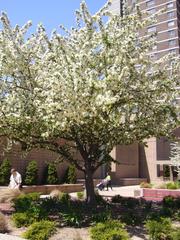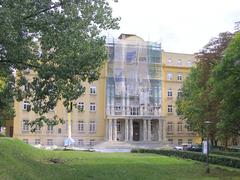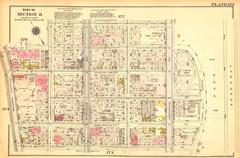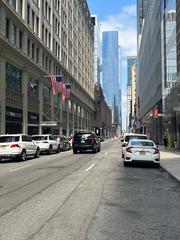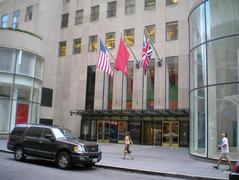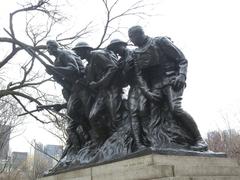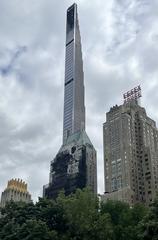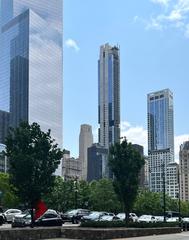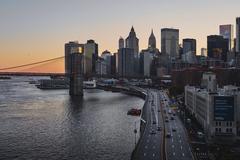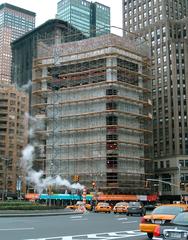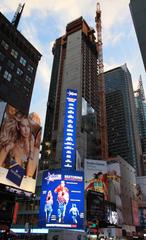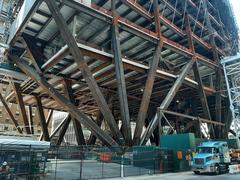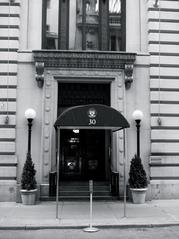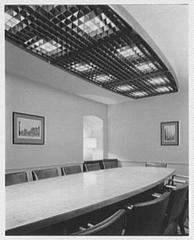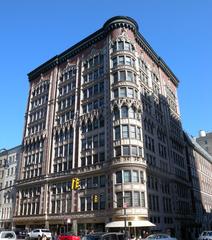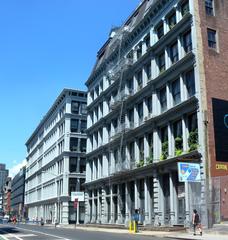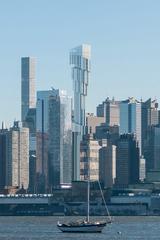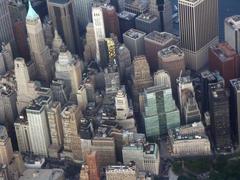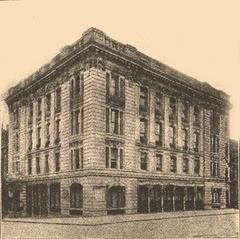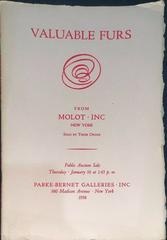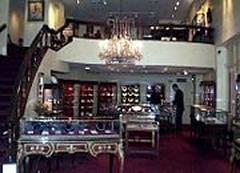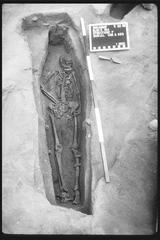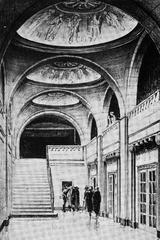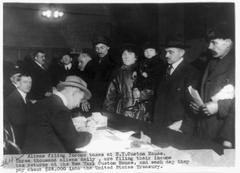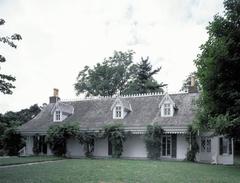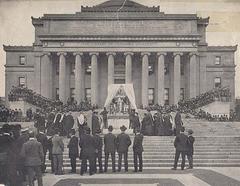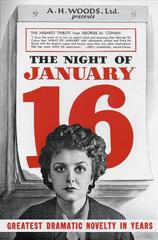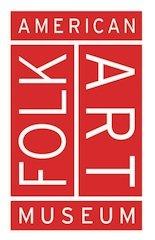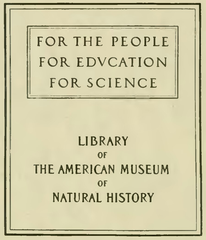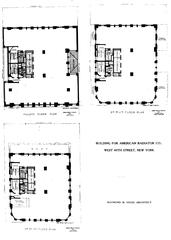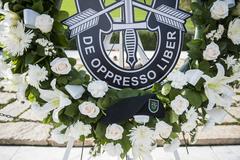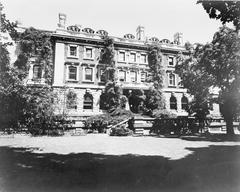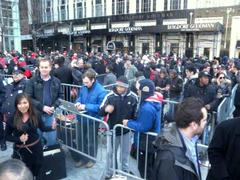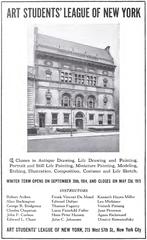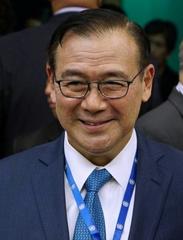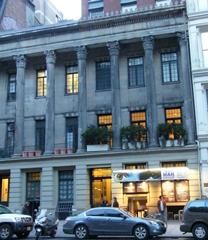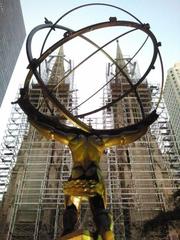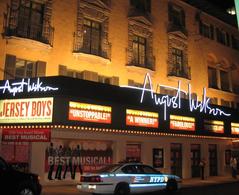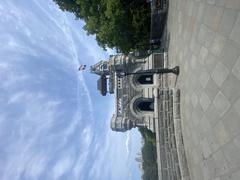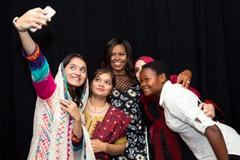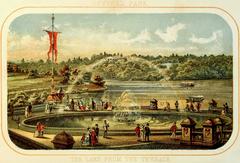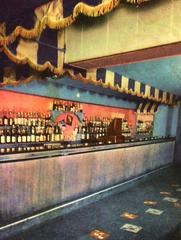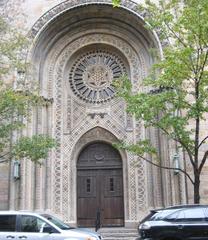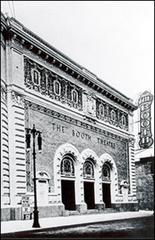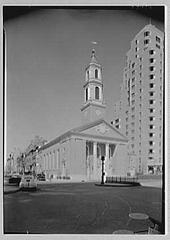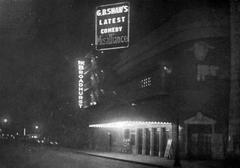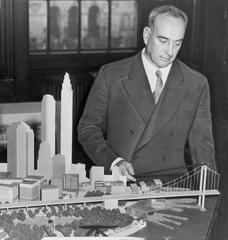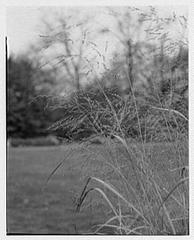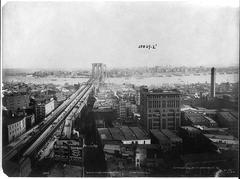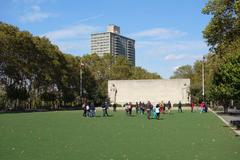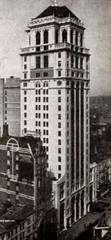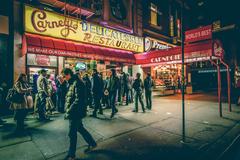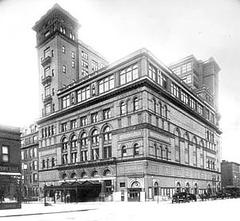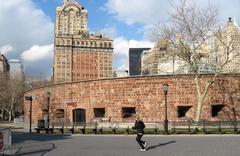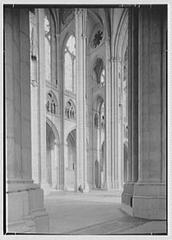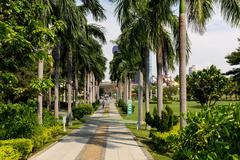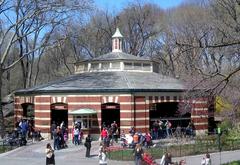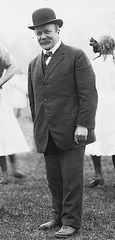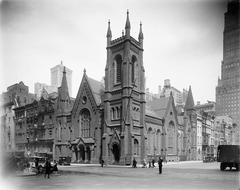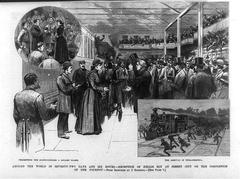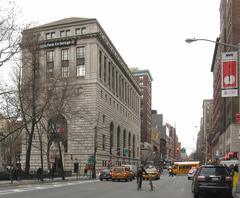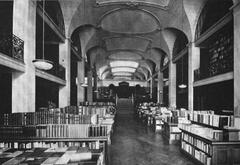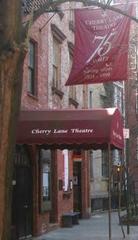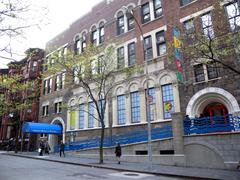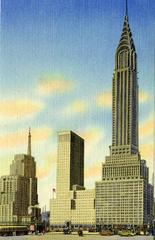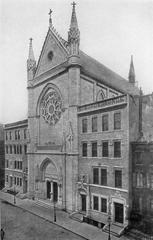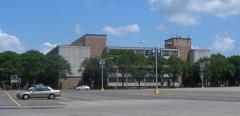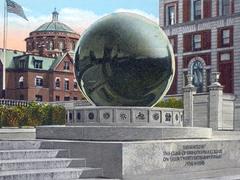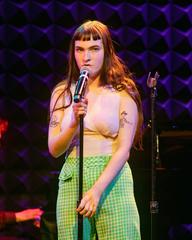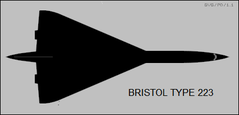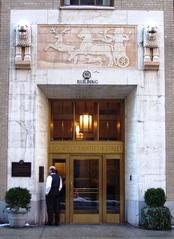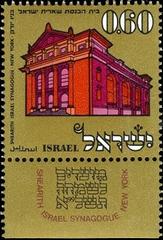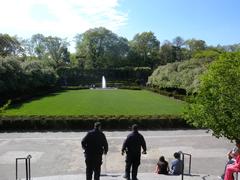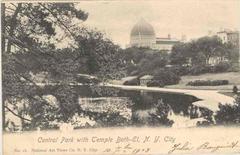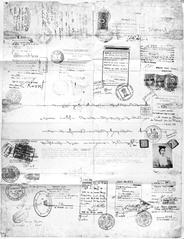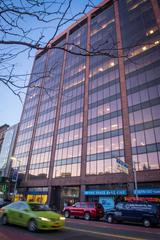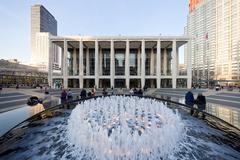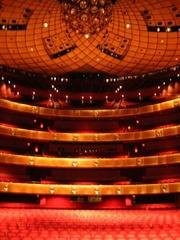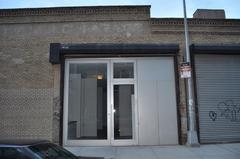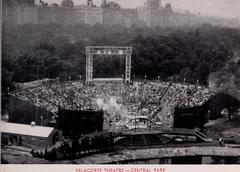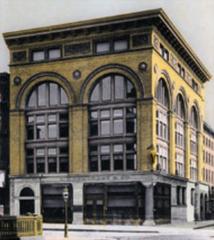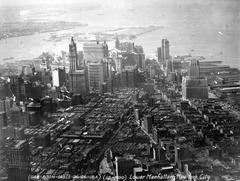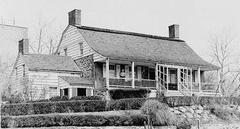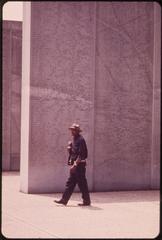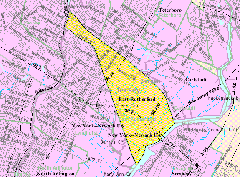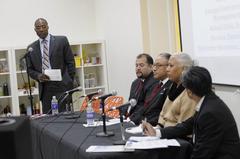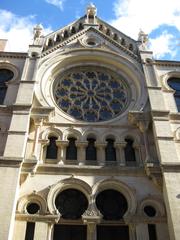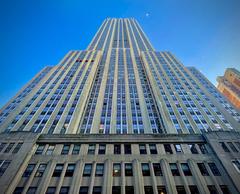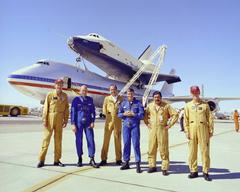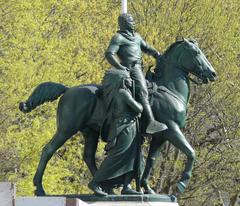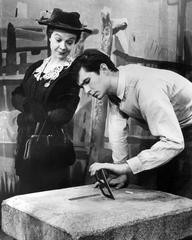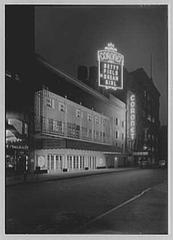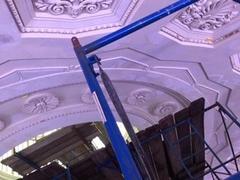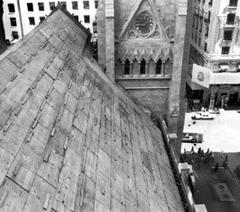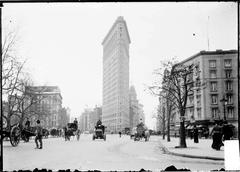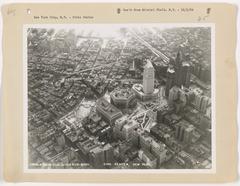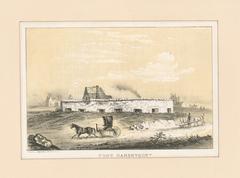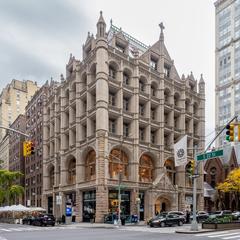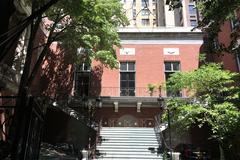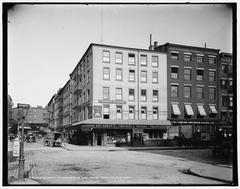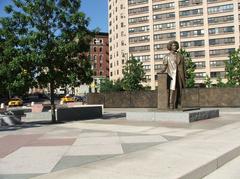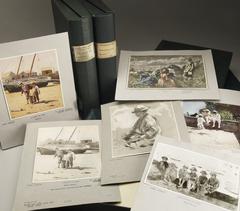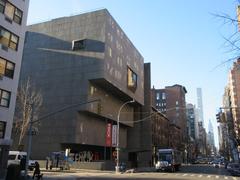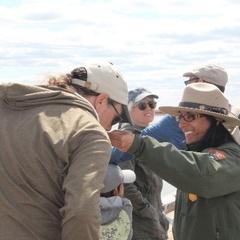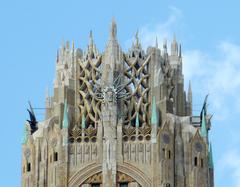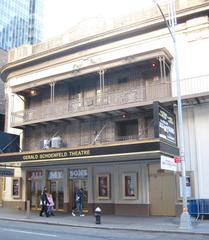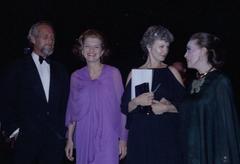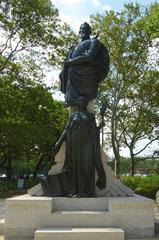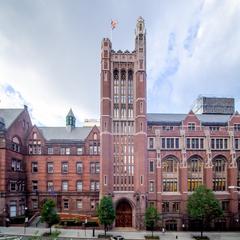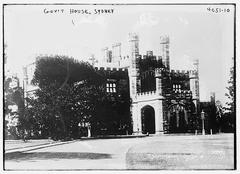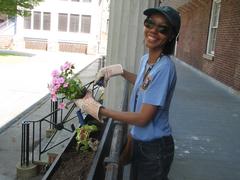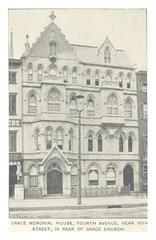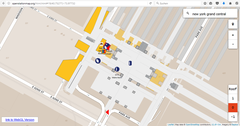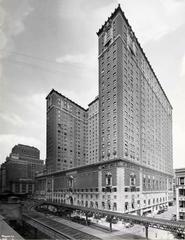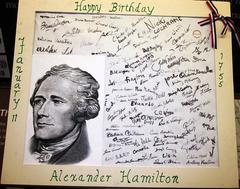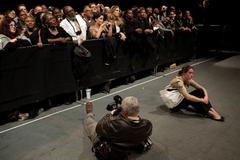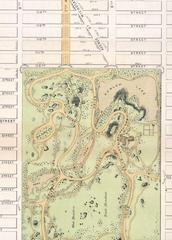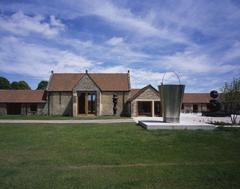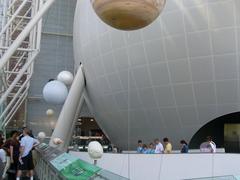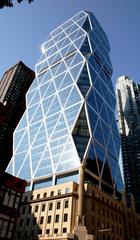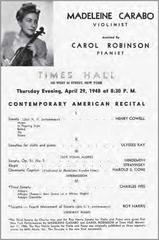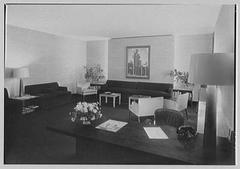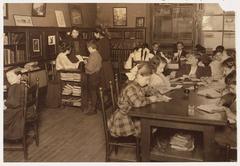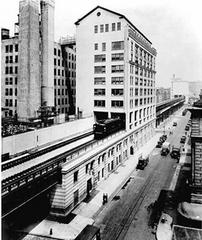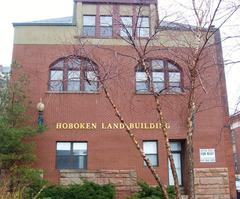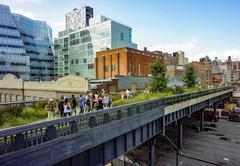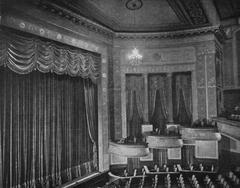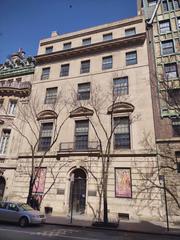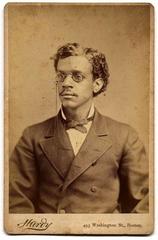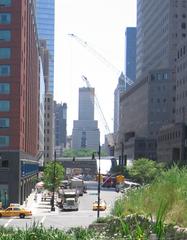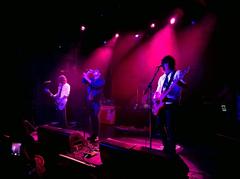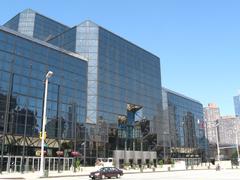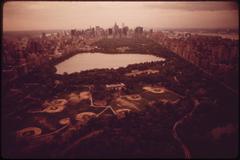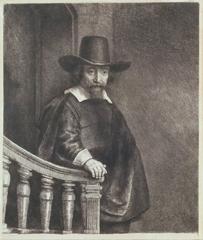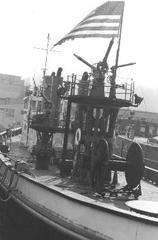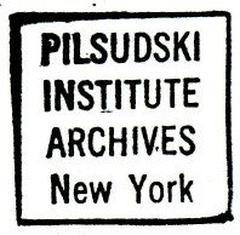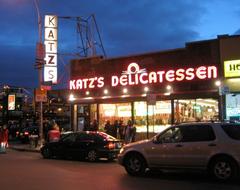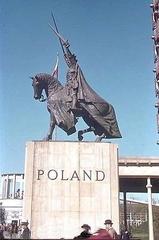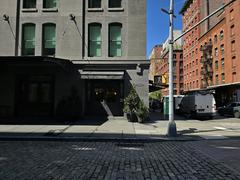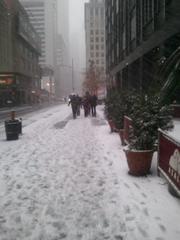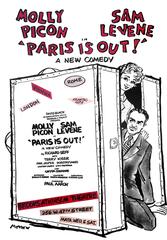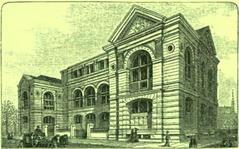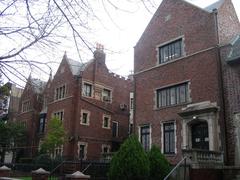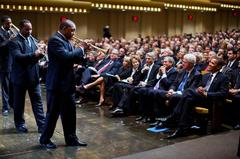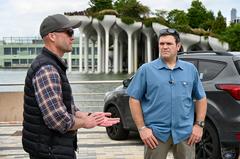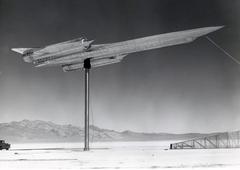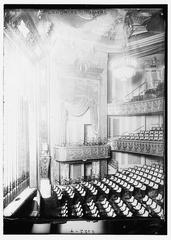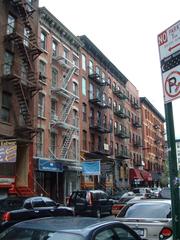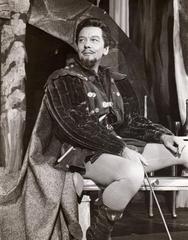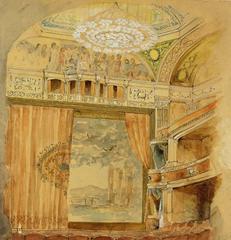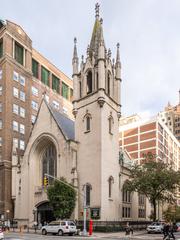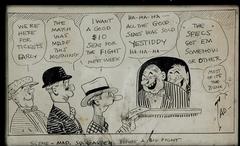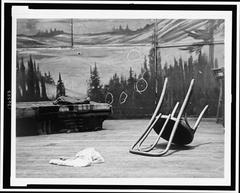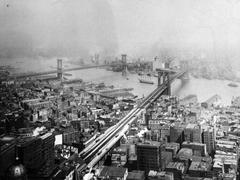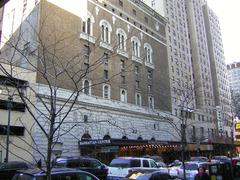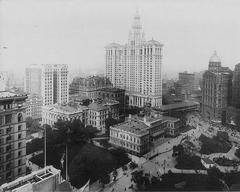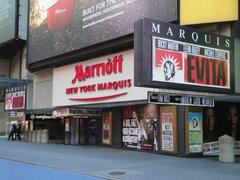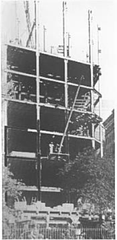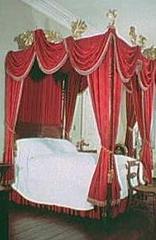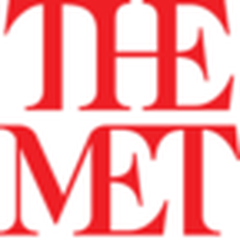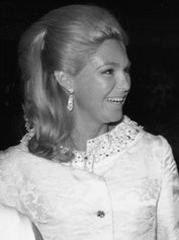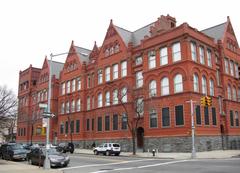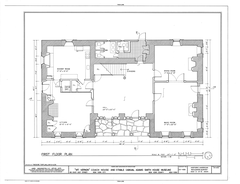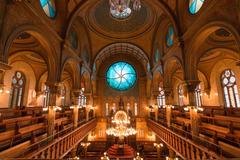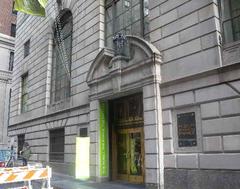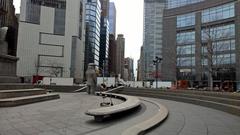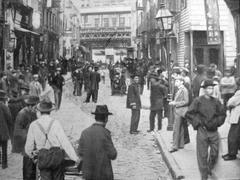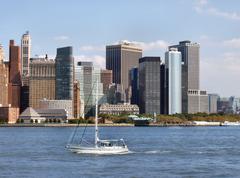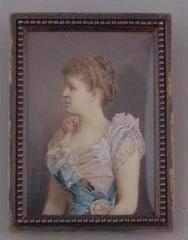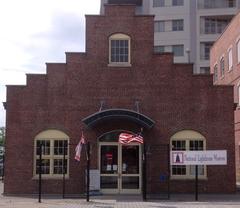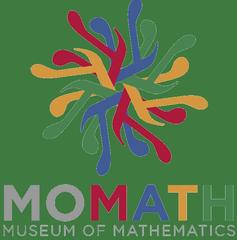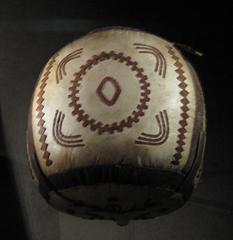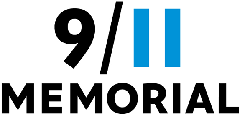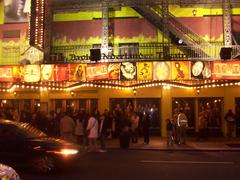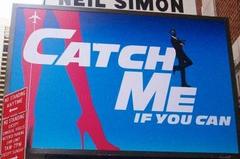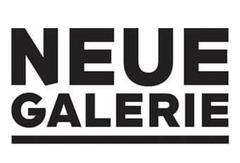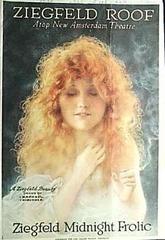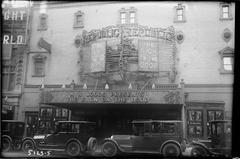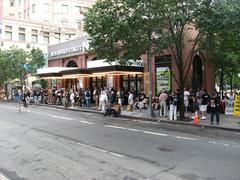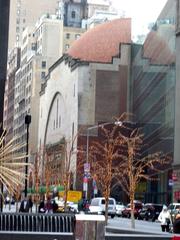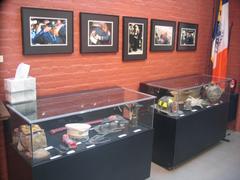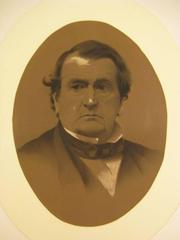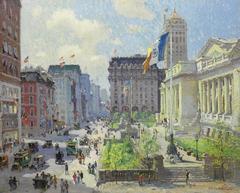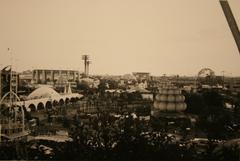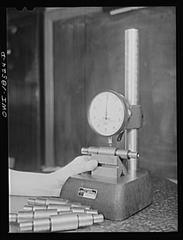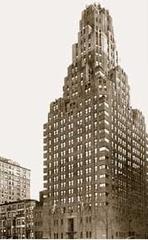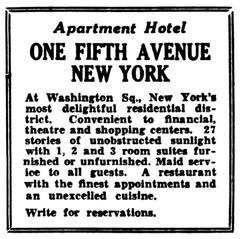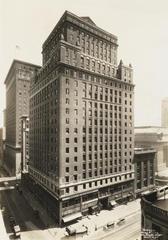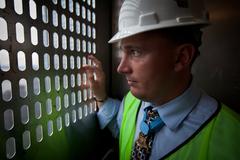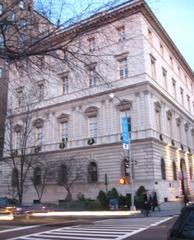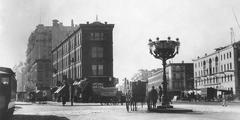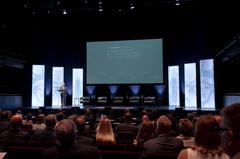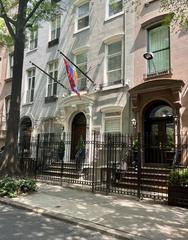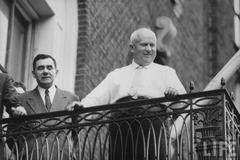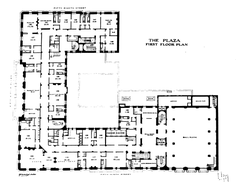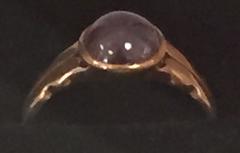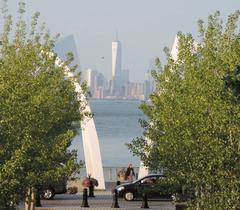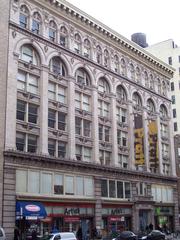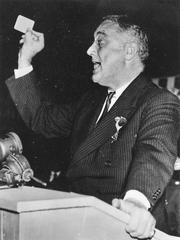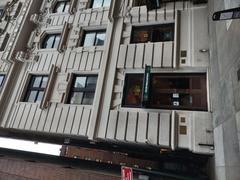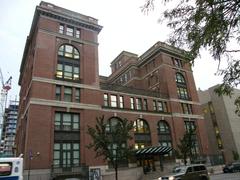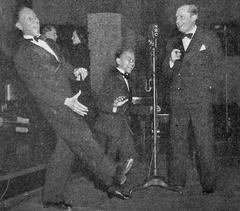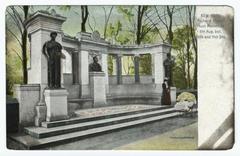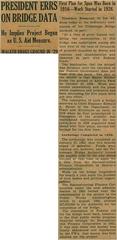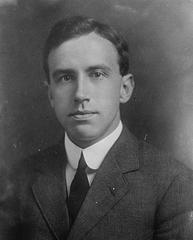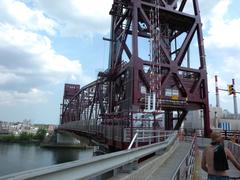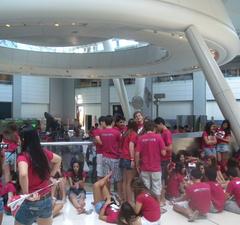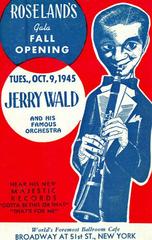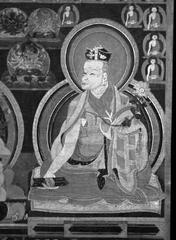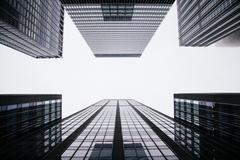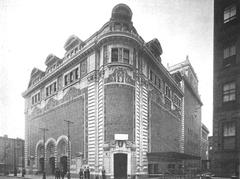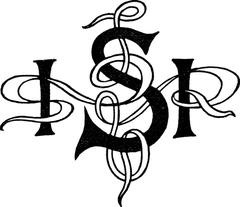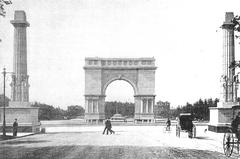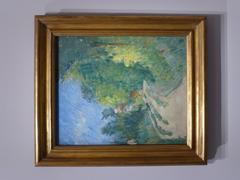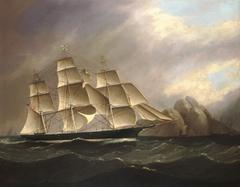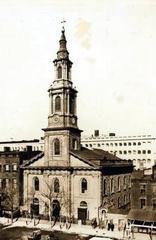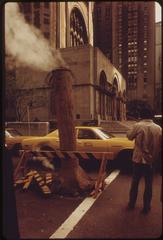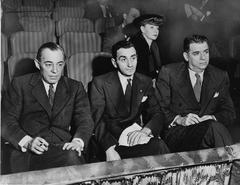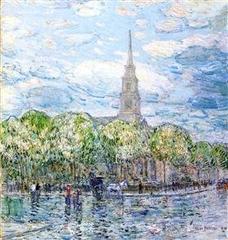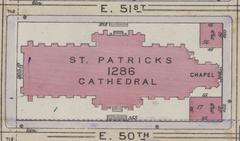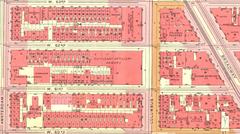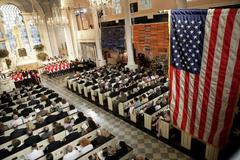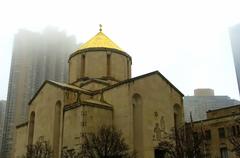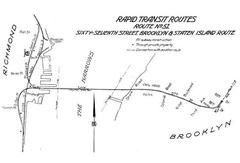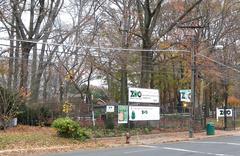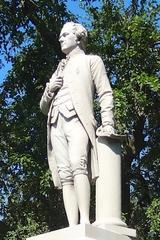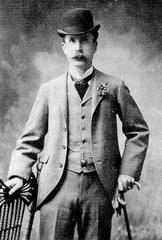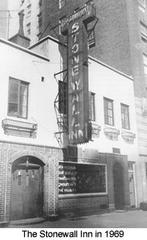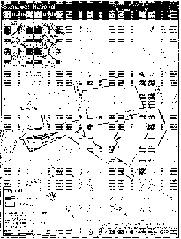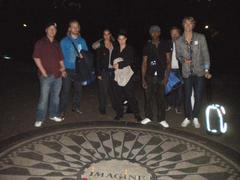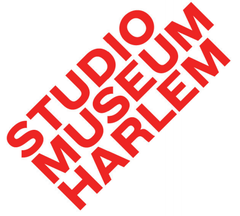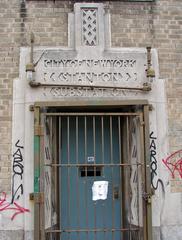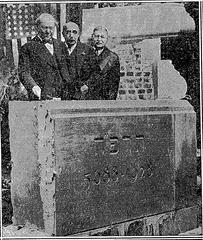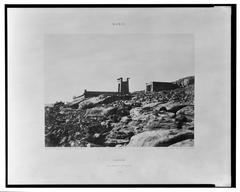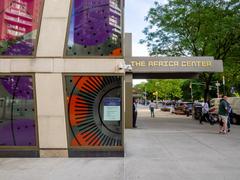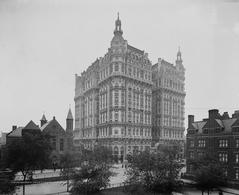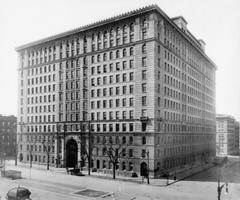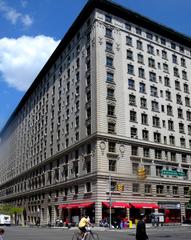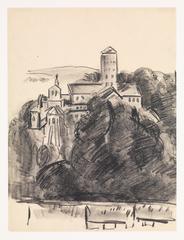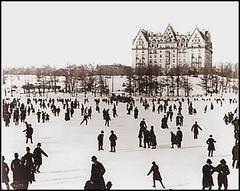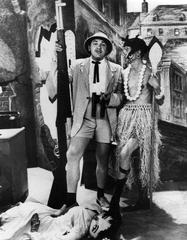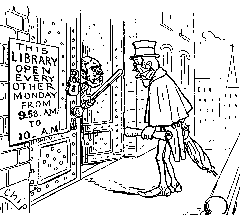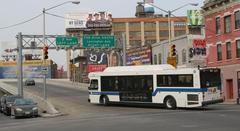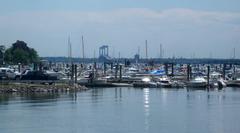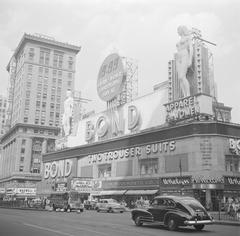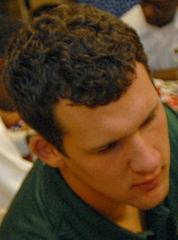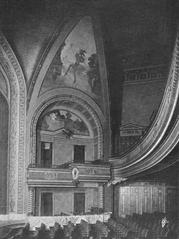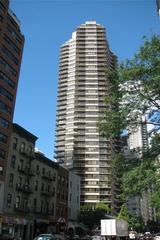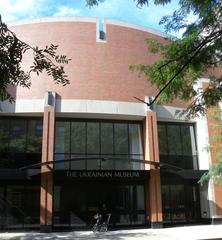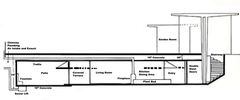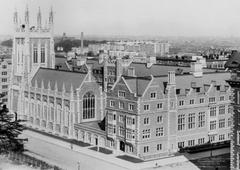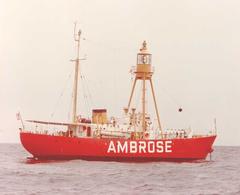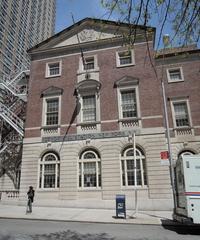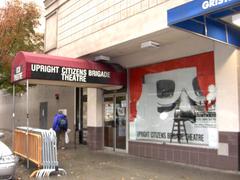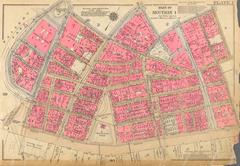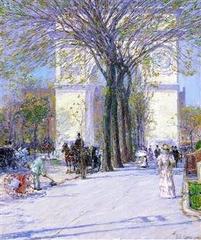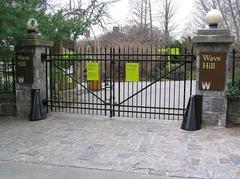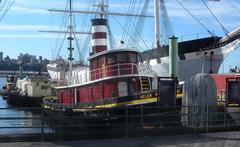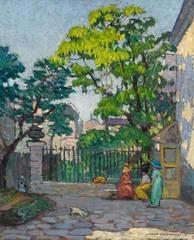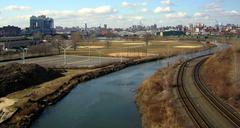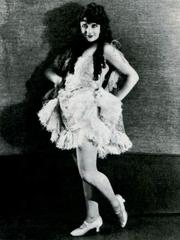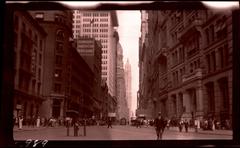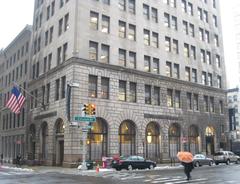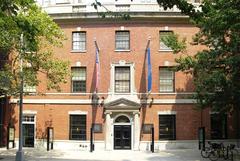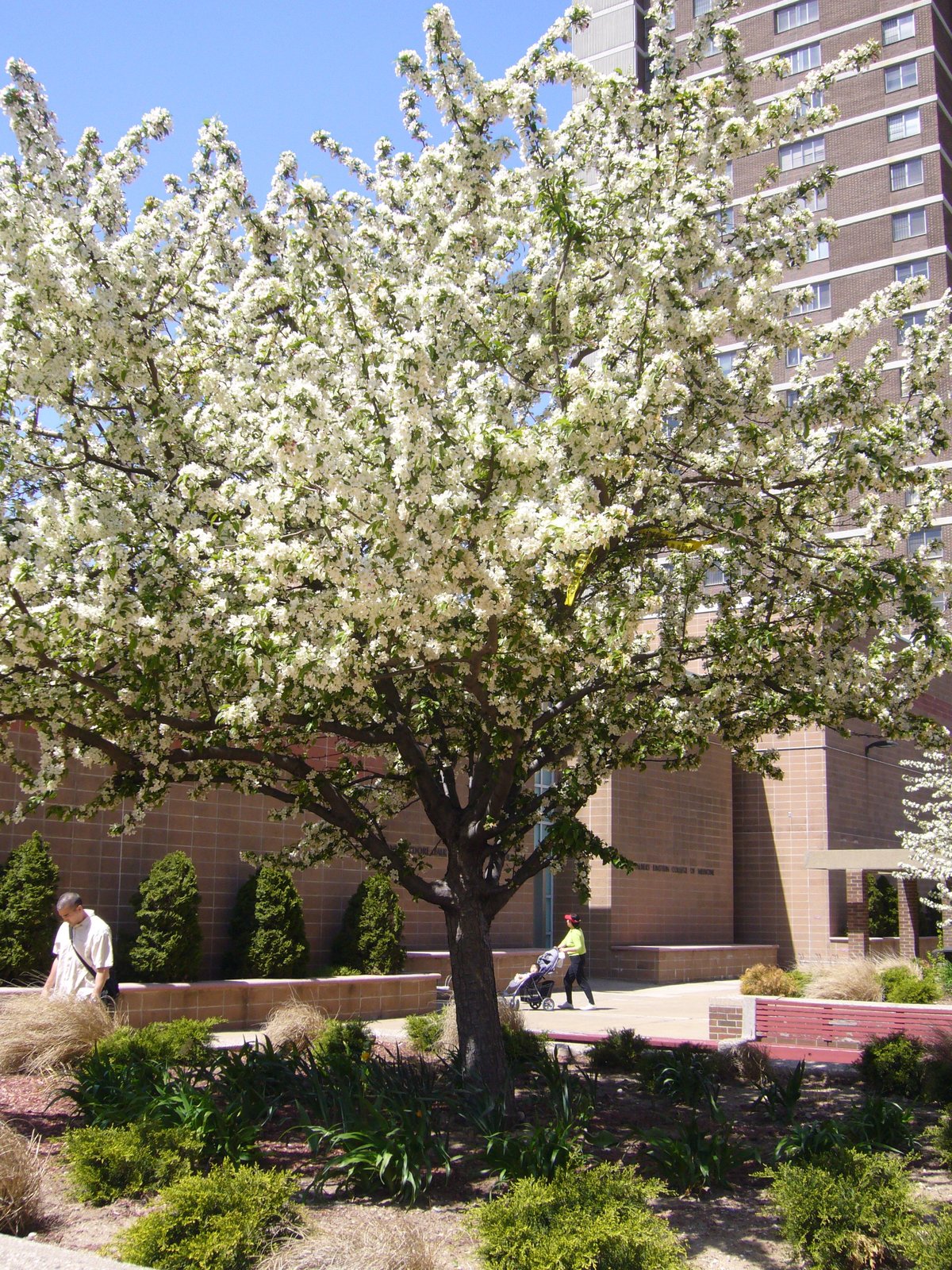
Yeshiva University Visiting Guide: New York City Historical Sites, Tickets, and Hours
Date: 14/06/2025
Introduction: Yeshiva University’s Heritage in New York City
Yeshiva University is a premier academic institution rooted in Jewish tradition and a beacon of higher learning in New York City. Established in 1886 as Etz Chaim Yeshiva, it has evolved to become a globally respected university, renowned for its unique Torah U’Madda philosophy, which integrates rigorous Talmudic study with a comprehensive secular curriculum. Yeshiva University’s presence spans historic campuses in Manhattan and the Bronx, and its vibrant cultural footprint includes the Yeshiva University Museum in Chelsea. Whether you are a prospective student, a history buff, or a traveler eager to experience Jewish culture, this guide offers everything you need to plan your visit—from historical context and campus architecture to practical visiting details and nearby attractions.
The following comprehensive guide covers Yeshiva University’s history, campus locations, architectural highlights, visitor policies, accessibility, ticketing, guided tours, special events, and museum features. Additional sections highlight local amenities and cultural destinations to help maximize your New York City itinerary.
For the most current updates and special event schedules, consult the Yeshiva University official website and the Yeshiva University Museum site.
Table of Contents
- Introduction
- Historical Background and Significance
- Planning Your Visit
- Nearby Attractions and Amenities
- Special Events and Exhibitions
- FAQs
- Campus Locations, Architecture & Visitor Tips
- Academic Excellence and Programs
- Visiting the Yeshiva University Museum
- Summary and Call to Action
- References
Historical Background and Significance
From Etz Chaim Yeshiva to University Status
Yeshiva University began in 1886 as Etz Chaim Yeshiva on Manhattan’s Lower East Side, founded by Eastern European Jewish immigrants aiming to blend traditional Talmudic scholarship with secular studies. In 1897, the Rabbi Isaac Elchanan Theological Seminary (RIETS) was established, marking the creation of the first advanced yeshiva in America. The 1915 merger of Etz Chaim and RIETS laid the groundwork for the modern Yeshiva University.
Expansion and Modernization
Over the 20th century, Yeshiva University expanded its curriculum and physical footprint. The establishment of Yeshiva College in 1928 introduced bachelor’s degrees in a Jewish academic environment. The move to Washington Heights in 1929, and the granting of university status in 1945, enabled the addition of graduate divisions such as the Albert Einstein College of Medicine, further cementing YU’s academic reputation.
Educational and Cultural Importance
Yeshiva University is celebrated for its dual curriculum and has produced leaders in religious, political, business, and philanthropic fields. Its outreach, adult education, and rabbinic placement programs play a vital role in the Jewish community and beyond.
Planning Your Visit: Essential Information
Visiting Hours
- Main Campus (Washington Heights): Open Monday–Friday, 9:00 AM–5:00 PM.
- Yeshiva University Museum: Typically open Tuesday–Sunday, 11:00 AM–5:00 PM; hours may vary on holidays and event days. Always confirm current hours on the official websites, (Yeshiva University Museum).
Admission and Tickets
- Campus: Free and open to the public with pre-registration and photo ID.
- Museum: Modest entrance fee, with discounts for students, seniors, and groups. Tickets can be purchased online or at the door.
Guided Tours
Guided tours of the campus and museum are available by appointment and during special events. Tours highlight historic buildings, academic philosophy, and art collections. Advance booking is recommended via the museum or university visitor center.
Accessibility
YU is committed to inclusivity. Most buildings and the museum are wheelchair accessible. For specific accommodations, visitors should contact campus services in advance.
Photography Guidelines
Personal photography is welcome on campus and in public museum areas. Flash and tripods may be restricted, especially in exhibit spaces—observe posted rules and staff instructions.
Nearby Attractions and Amenities
- Fort Tryon Park: Offering river views and gardens, just steps from Wilf Campus.
- The Cloisters: A branch of the Metropolitan Museum of Art, featuring European medieval art.
- Washington Heights Dining: Numerous kosher restaurants, cafes, and bakeries.
- Public Transit: Campuses and museum are accessible via NYC subway and bus.
Special Events and Exhibitions
Both the university and its museum host lectures, exhibitions, and cultural programs. Check the YU Events Calendar and the museum website for current schedules and ticketing.
Frequently Asked Questions (FAQ)
Q: What are Yeshiva University’s visiting hours?
A: Main campus: Monday–Friday, 9:00 AM–5:00 PM. Museum: Tuesday–Sunday, 11:00 AM–5:00 PM.
Q: Is there an admission fee?
A: Campus visits are free; museum entry may require a fee.
Q: Are guided tours available?
A: Yes, by advance arrangement.
Q: Is the campus wheelchair accessible?
A: Yes, most facilities are accessible.
Q: What are the best photo spots?
A: Zysman Hall, the Glueck Center, Fort Tryon Park, and museum galleries.
Q: Is parking available?
A: Limited parking; public transit is recommended.
Yeshiva University Campus Guide: Locations, Architecture & Visitor Tips
Campus Locations
- Wilf Campus: Washington Heights, main undergraduate men’s campus.
- Beren Campus: Midtown Manhattan, home to Stern College for Women and Sy Syms School of Business (women’s division).
- Brookdale Center: Greenwich Village, Benjamin N. Cardozo School of Law.
- Resnick Campus: Bronx, Albert Einstein College of Medicine and Ferkauf Graduate School of Psychology (YU Campuses).
Architectural Highlights
- Zysman Hall: 1928 Collegiate Gothic and Art Deco, centerpiece of Wilf Campus (Daytonian in Manhattan).
- Mendel Gottesman Library & Glueck Center: Innovative blend of tradition and modern design (e-architect).
- Beren Campus: Urban institutional architecture with accessible study spaces.
- Resnick Campus: Modern facilities for medical and research education.
Visitor Policies
- Pre-registration: Required through YU Visitor Management System; faculty or staff host needed (YU Visitor Policy).
- ID Required: Bring government-issued photo ID.
- Security: Mandatory check-in at entry points.
- Restricted Areas: Access to classrooms, dorms, and libraries is controlled.
Accessibility and Amenities
YU provides accessible entrances and facilities. Public transport and parking details available on the university website.
Best Photographic Spots
- Zysman Hall façade
- Glueck Center glass and stone exterior
- Wilf Campus gardens
- Midtown skyline from Beren Campus
Libraries and Spiritual Spaces
- Libraries: Mendel Gottesman (Wilf), Hedi Steinberg (Beren), subject to visitor approval.
- Schottenstein Center: Home to the Shenk Synagogue, a spiritual and communal hub.
Academic Excellence and Programs
Reputation and Rankings
- U.S. News & World Report (2025): #98 among National Universities (amberstudent.com)
- QS World University Rankings (2025): #413 globally (upgrad.com)
- Freshman Retention: 92%
- Graduation Rate: 79%
- Career Outcomes: 95% employed or in further study within six months
Signature Programs
- Dual Curriculum (Torah U’Madda): Intensive Jewish and secular studies (yuobserver.org)
- Stern College for Women
- Yeshiva College
- Sy Syms School of Business
- Benjamin N. Cardozo School of Law
- Wurzweiler School of Social Work
- Katz School of Science and Health
- Albert Einstein College of Medicine
Student Experience
Low student-faculty ratio (7:1), academic support, kosher dining, spiritual resources, and over 100 student clubs.
Community and Jewish Values
YU features mezuzot, campus rabbis, a beit midrash, and strong Israel advocacy.
Visiting the Yeshiva University Museum
Location and Access
- Address: 15 West 16th Street, Chelsea, Manhattan
- Transit: Near 14th and 23rd Street subway stations
Visiting Hours & Tickets
- Hours: Tuesday–Saturday, 11:00 AM–5:00 PM (confirm on museum site)
- Admission: Low-cost or free; tickets required for some special events
Guided Tours & Programs
- Guided tours, workshops, lectures, and family activities available in multiple languages—book ahead.
Accessibility
Wheelchair accessible entrances, restrooms, and galleries. Contact for specific needs.
Museum Highlights
- 8,000+ artifacts spanning global Jewish life
- Rotating art exhibitions
- Cultural events and educational programs
Integration with NYC’s Cultural Scene
Close to the Rubin Museum of Art, Museum at Eldridge Street, and the Tenement Museum; participates in city-wide events.
Visitor Tips
- Visit weekdays for quieter experience
- Use public transit
- Combine with Chelsea’s restaurants and shops
- Check for current exhibitions/events online
Summary and Call to Action
Visiting Yeshiva University provides a rare window into the intersection of rich Jewish heritage and modern academic achievement in New York City. From the historic Wilf and Beren campuses to the dynamic Yeshiva University Museum, guests can explore celebrated architecture, cultural treasures, and a vibrant community. With accessible facilities, visitor-friendly policies, and a dedication to educational excellence, Yeshiva University welcomes all who seek to engage with its living legacy.
Plan your visit today:
- Consult Yeshiva University and Yeshiva University Museum for the latest visitor information, hours, and event schedules.
- Download the Audiala app for interactive tours, updates, and cultural content.
- Follow YU on social media and subscribe to newsletters for ongoing news and visitor tips.
References
- Yeshiva University New York: History, Visiting Hours, Tickets & Visitor Guide, 2024
- Yeshiva University Campus Guide: Visiting Hours, Architecture & Visitor Tips, 2024
- Academic Excellence and Programs, 2024
- QS World University Rankings
- YU Observer: Yeshiva University
- Visiting Yeshiva University Museum: A Cultural and Historical Landmark in Manhattan, 2024
- YU Visitor Policy
- YU Events Calendar
- Daytonian in Manhattan: Zysman Hall
- e-architect: Glueck Center for Jewish Study
